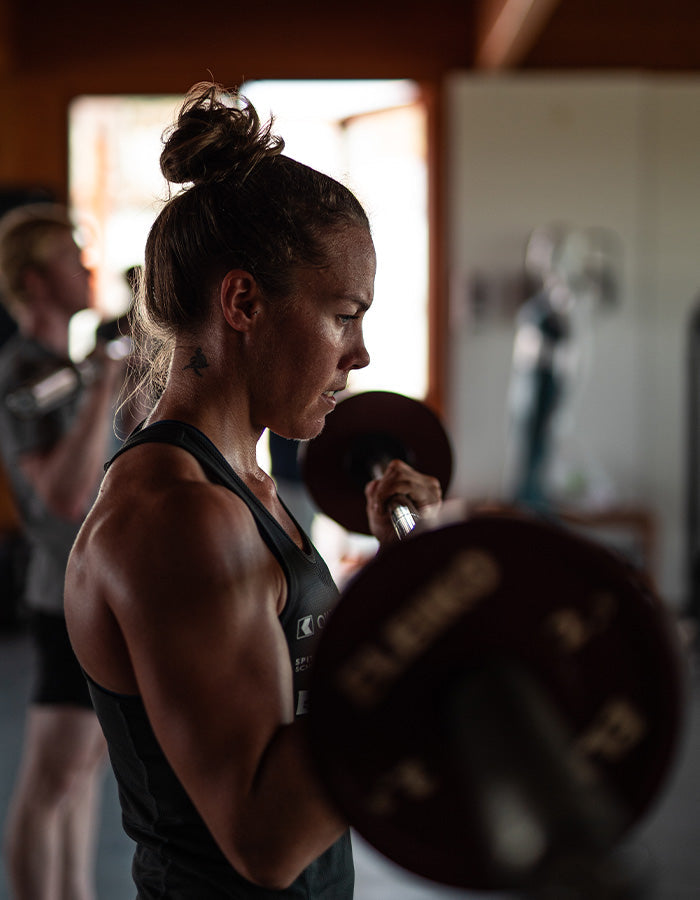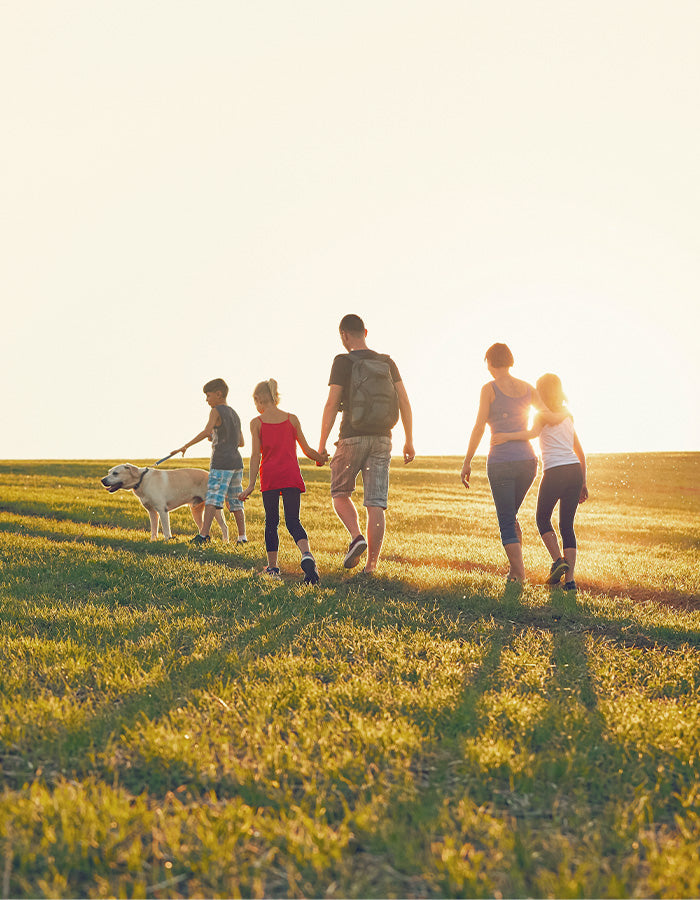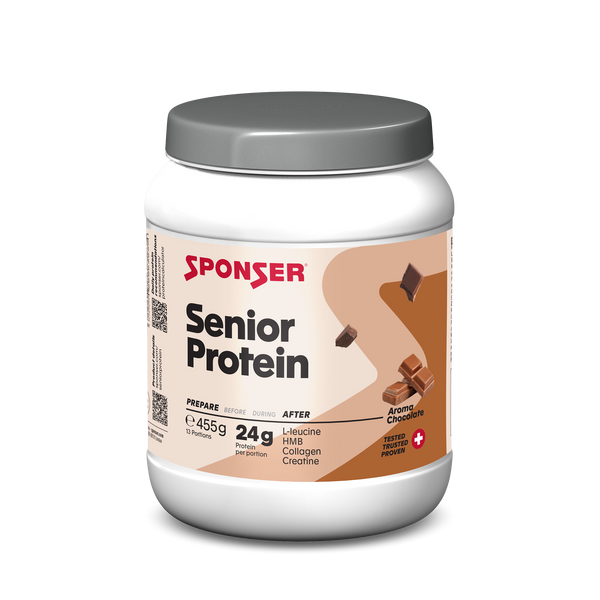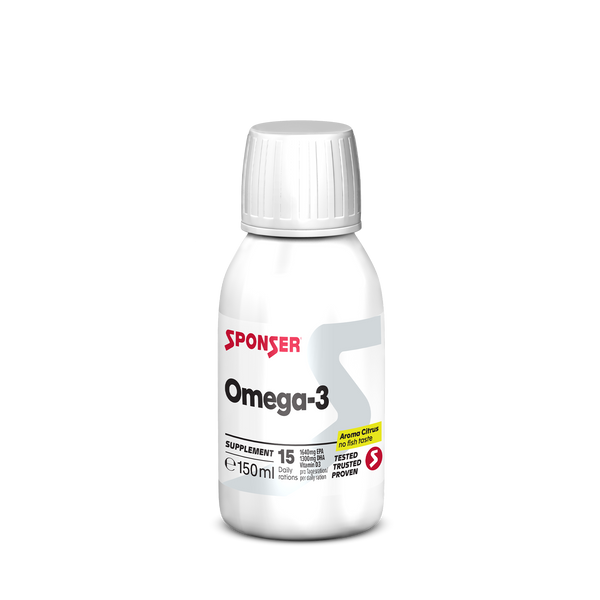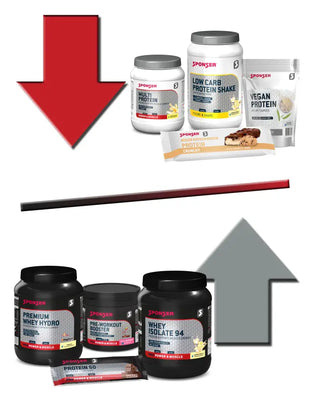
Photo credit: iStockphoto
Protein and vitamin D for muscle health in old age
Healthy, strong muscles are indispensable for standing and walking, for good balance and, of course, for all activities where strength is needed (in the household, gardening, shopping and sports). However, as we grow older, we lose up to one third of our muscle mass. Maintaining muscle health is therefore elementary in order to lead an independent and autonomous life for as long as possible. In addition to regular exercise and a balanced diet, two dietary factors in particular contribute to maintaining muscle mass in old age:
• an increased protein intake and
• a supplemental intake of vitamin D
Protein: Regularly and in sufficient quantity
Exercise alone is not enough to maintain muscle mass. As we get older, we need more protein on our plates. It is not only the quantity that counts, but also the regular intake throughout the day. Protein must therefore already be on the menu at breakfast.
Vitamin D: supplemental intake necessary in old age
A lack of vitamin D can weaken muscles and bones. Because too little vitamin D can be absorbed through food and a quarter less vitamin D is produced via sun rays and skin in old age, an external supply of vitamin D in the form of drops or capsules is recommended from the age of 65.
Products from SPONSER®
With
SENIOR PROTEIN, SPONSER® has a protein powder in its range that is explicitly geared to the needs of older people. The high-quality, gluten-free shake is rich in functional ingredients such as whey protein, collagen and HMB for maintaining powerful muscles and is also rich in the micronutrients calcium, vitamin B12 and vitamin D.
The neutral tasting oil
OMEGA-3 PLUS offers a convenient way to cover the daily requirement of omega-3 fatty acids (essential fatty acids EPA/DHA) and vitamin D3.
Literature
Publication collection
Ernährung für Seniorinnen und Senioren (not available in English), published by the
Federal Food Safety and Veterinary Office FSVO.


